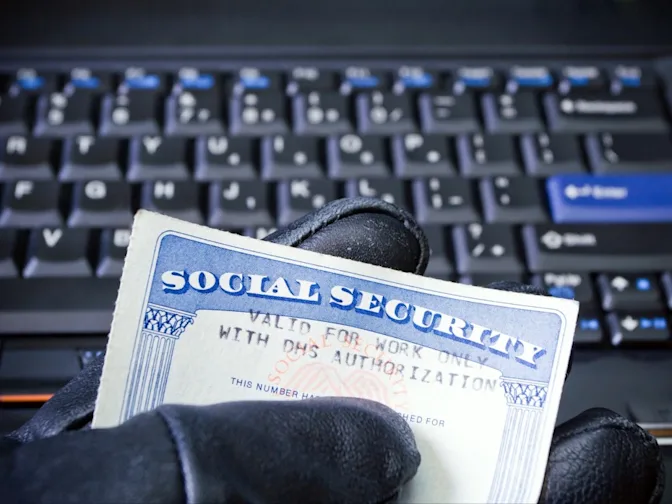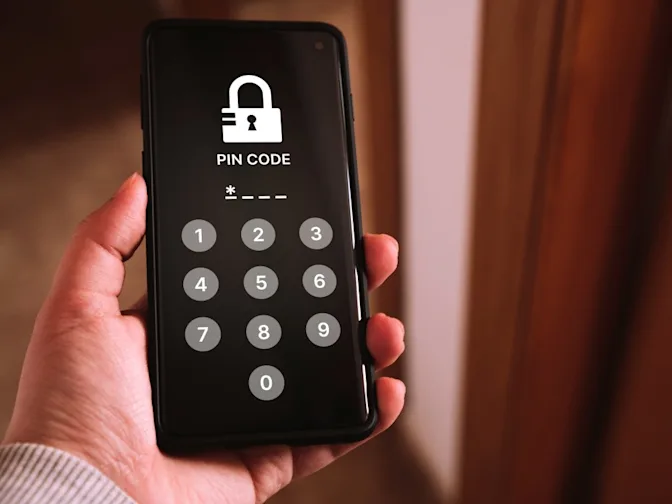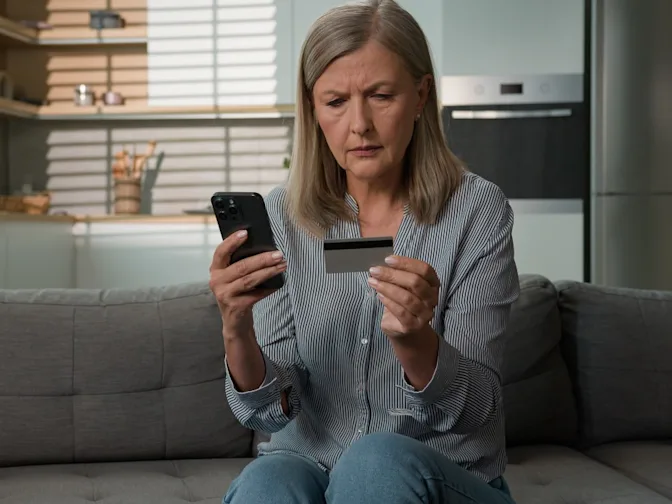
7 Phone Call Mistakes That Could Cost You Everything
Sharing sensitive information over the phone might feel convenient, but it's a significant security risk. Fraudsters often impersonate legitimate companies to trick people into revealing personal details that can be exploited for identity theft, fraud, and other crimes. To protect yourself, here are seven details you should never share during a phone call — and why keeping them private is critical.
1. Social Security Number
Your Social Security number is the ultimate key to your identity. Scammers can use it to open credit accounts, access financial institutions, or steal your identity entirely. Legitimate organizations will never ask for your Social Security number over the phone. If you're prompted to share it, hang up and contact the company directly through official channels.

2. Your Address and Birthdate
Fraudsters can use seemingly harmless details like your full name, address, and birthdate to piece together your identity. Combined with other information, these details can enable identity theft or fraudulent activity. Only share this information when absolutely necessary, and only when you've initiated the call to a verified source.
3. Passwords and PINs
Your password or PIN is the last line of defense protecting your accounts. Sharing these details over the phone, even under pressure, can grant fraudsters full access to your financial and personal data. No reputable organization will ask for this information. If someone insists, it's a major red flag.

4. Secret Question Answers
The answers to your security questions — such as your mother's maiden name or your first pet's name — might seem harmless. However, these answers are often used to recover account access, making them highly valuable to scammers. Keep this information private and secure to safeguard your accounts.
5. Bank Account or Credit Card Numbers
Unless you've initiated the call to a trusted entity, never share your bank account or credit card details. Fraudsters often pose as representatives from banks or retailers to lure this information out of you. Even seemingly small transactions can open the door to larger scams. Always opt for secure payment portals or other official methods instead.

6. Security Codes
While sharing credit card numbers can be risky, providing your security code (the three- or four-digit number on the back) is even more dangerous. This code is often required for online or phone transactions and can give scammers the ability to make unauthorized purchases. Refrain from giving this code over the phone unless you've confirmed the legitimacy of the call.
7. Any Information You're Pressured to Provide
If you ever feel rushed or pressured to share personal information, it's likely a scam. Legitimate companies will respect your need to verify their identity before proceeding. Trust your instincts—if something feels off, end the call and follow up with the organization directly through an official contact number.

What to Do If You're Asked for Sensitive Information
If a caller asks for any of these details, pause before responding. Ask for their contact information and verify their identity through official channels. If you suspect the call is fraudulent, hang up immediately and report it to the appropriate authorities.
Staying vigilant and cautious can protect you from falling victim to scams and keep your personal information secure. When in doubt, remember: it's always better to be safe than sorry.
References: Three Personal Details You Should Never Give Over the Phone | Information you shouldn't share over the phone | Protecting Your Personal Information: What Not To Share Over The Phone























